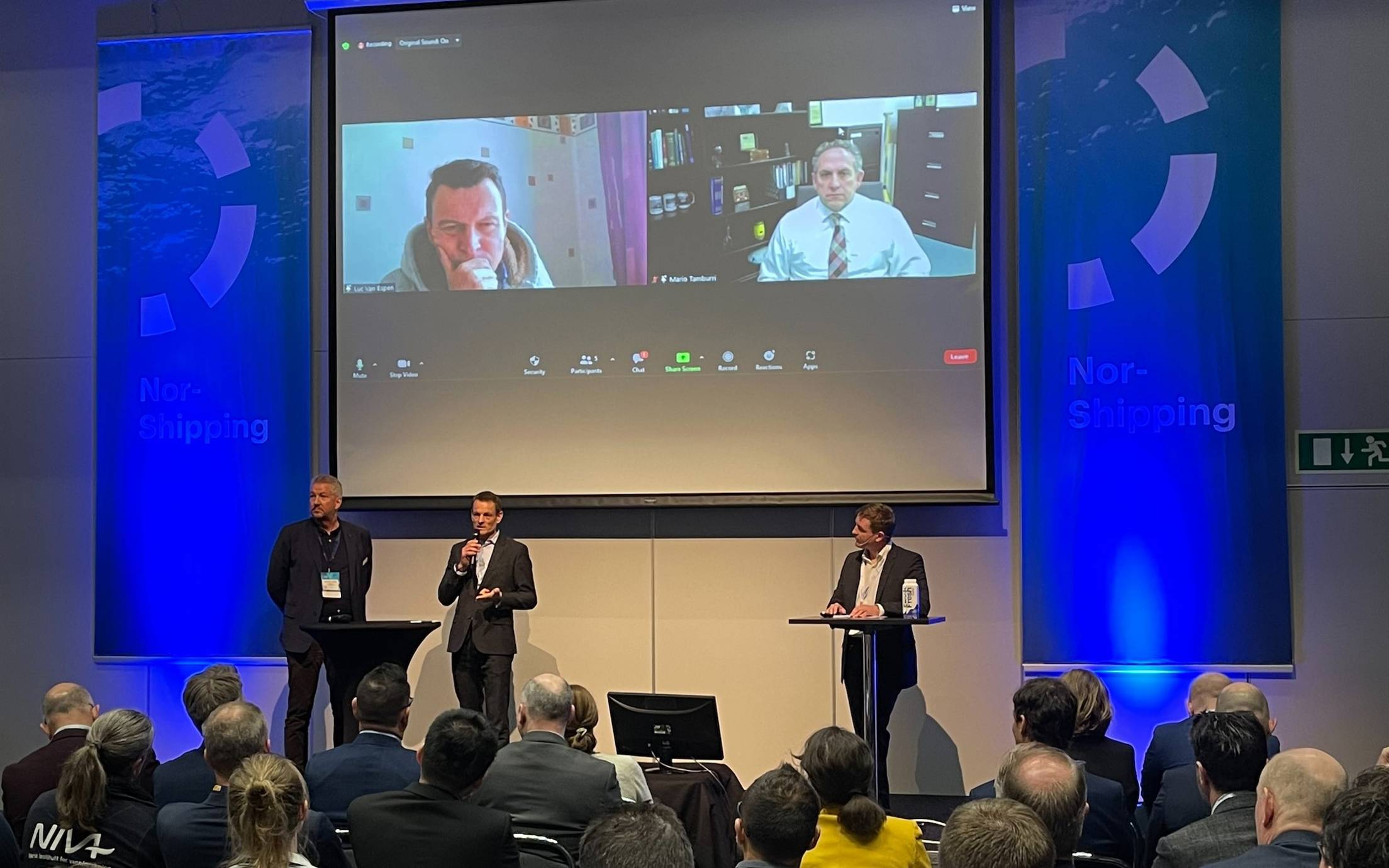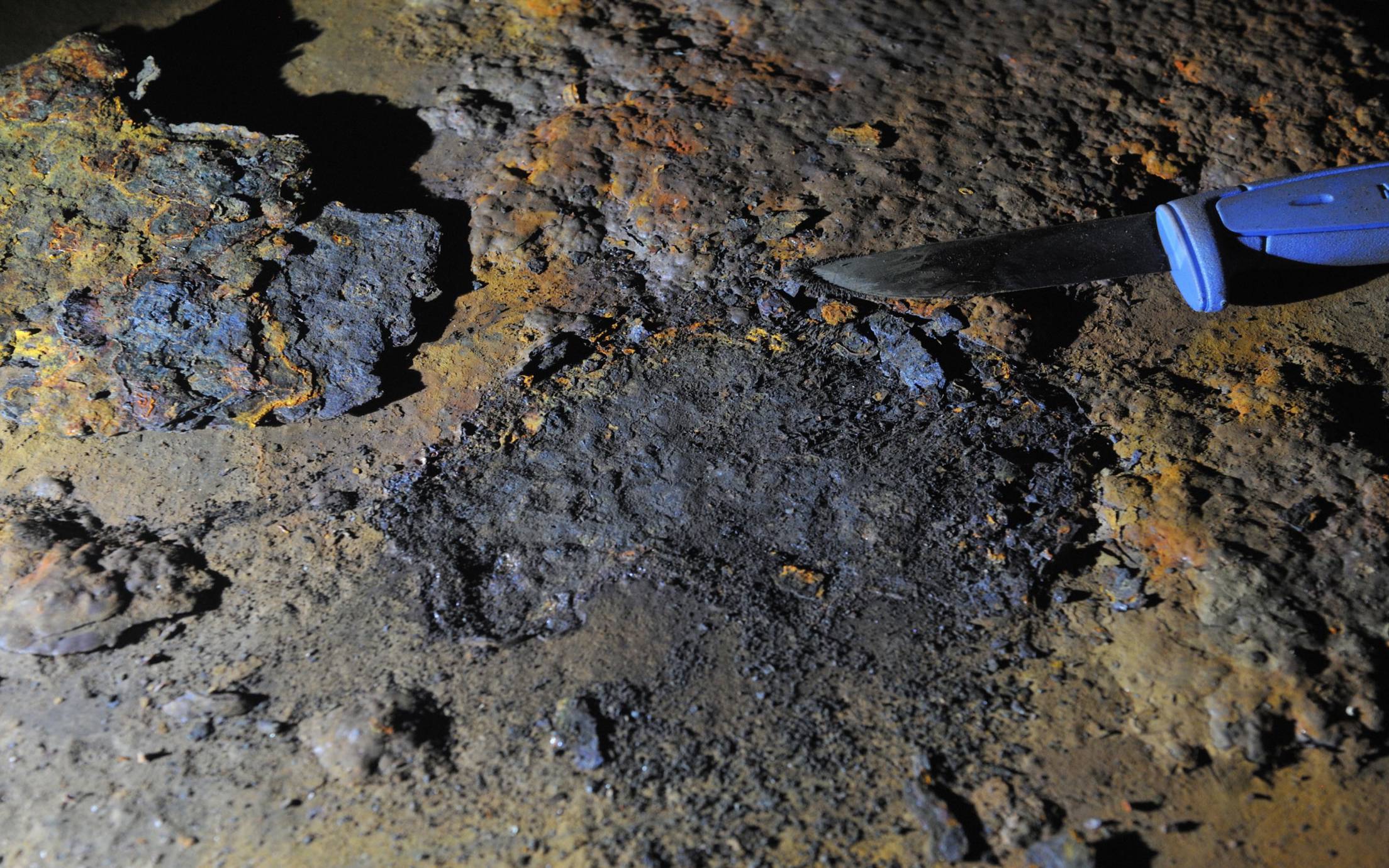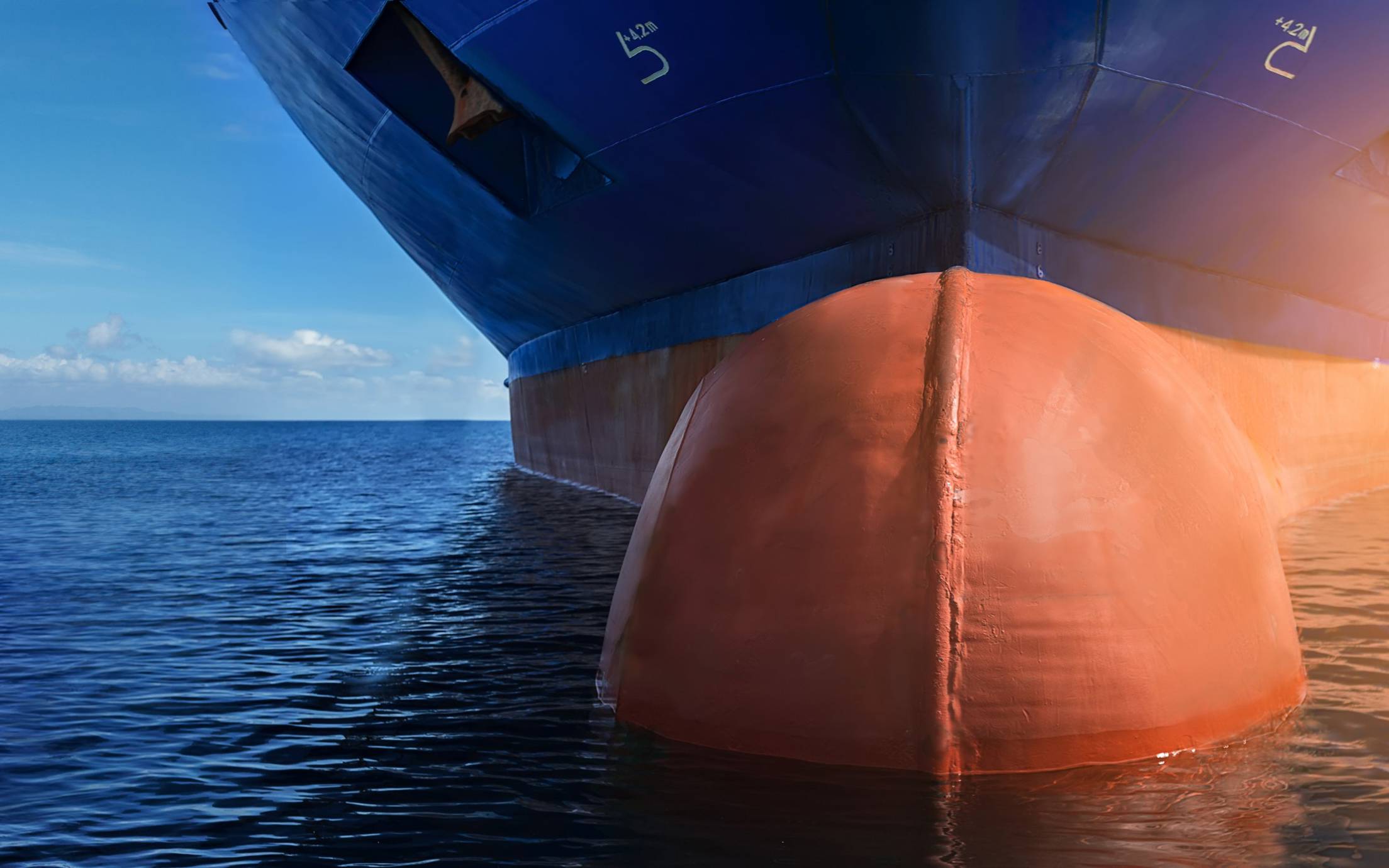(Photo on top shows Jotun's CEO Morten Fon at Opening Conference; image credit: Nor-Shipping)
Ten months later than planned and with a slightly diminished international presence, Nor-Shipping 2022 was a welcome return to face-to-face meetings and the opportunity to network after two years of lockdowns, travel restrictions and stringent health measures imposed as a response to the COVID 19 pandemic.
The four-day event was the first large scale meeting of shipping professionals in Europe since 2019 and although attendance by exhibitors and visitors may not have reached the heights of 2019, the event has been hailed as a success.
The theme for the 2022 event was #ACTION planned to build upon the Challenges and Opportunities of 2019. In keeping with the theme, Knut Arild Hareide, Director General of Navigation and Shipping, promised to put action over words. In his opening speech at Nor-Shipping’s Ocean Leadership Conference, he highlighted that trust is the basis of all stable relationships. "We need to build trust, stronger relations and more transparency. We must work closer together, and we need to collaborate for action," said Hareide.
He went on to highlight the Norwegian model as a driving force for the maritime industry and applauded the maritime cluster which has become a world leader in innovation, especially in new technologies and green shipping.
Money, People and Power
This year the Opening Conference was split into three sessions – Money, People and Power – with each culminating with the presentation of one of the Nor-Shipping Awards to the chosen winner. The first session dealing with finance and subtitled Trans#ACTION saw a panel discussion involving Gyrid Skalleberg Ingerø, EVP & Group CFO Kongsberg, Kjerstin Braathen, CEO DNB and Stéphane Boujnah, CEO and Chairman of the Managing Board of Euronext.
The clear message that came across from the discussion was that interest in green financing is growing but despite initiatives such as the Poseidon Principles there is a long way to travel before green financing becomes normal. Action is needed on standardising rules, and KPIs for green financing are not mature and most importantly the process is complicated. There are it seems “more costs involved in getting green finance than in getting conventional finance.”
The session closed with the awarding of the inaugural Ocean Solutions Award. This new award for breakthrough innovations at, or approaching, the commercialisation stage is only open to exhibitors and organisations participating at Nor-Shipping. Jotun’s Hull Skating Solution was one of the four nominees but unfortunately was not the winner. It was however on display at the Jotun stand and attracted lots of attention and enquiries.
Leadership was the theme of the second session and panellists recommended a stronger focus on collaboration and people diversity to position for the future. Hedda Felin, CEO Hurtigruten Norway emphasised “we need collaboration to reach the ambitious decarbonisation goals,” and referred to Hurtigruten’s collaboration with SINTEF to “create our next generation zero emission ships”. She also argued “Diversity creates business. Different backgrounds are necessary to challenge our thinking and solutions. Also, sustainability and recruitment go hand in hand, especially in the maritime industry which needs to be attractive for future employees.”
Fit for purpose
Jotun’s CEO Morten Fon also highlighted the importance of diversity and said innovative companies tend to have diverse and vibrant workforces, and diversity and inclusion is increasingly seen as a business continuity requirement. “People are our core asset. We have to be more diverse, more inclusive and continue to build a global organisation that is fit for purpose and ready to meet the changing market and customer demands.”
Jotun’s chief executive also participated in a subsequent interview for Nor-Shipping TV. Asked about another recurring theme in shipping – decarbonisation – Fon said, “We are in a real crisis and it's something we have to handle. I think the best way to do it is to tackle it together. There will not be one solution there will be many. For us, collaboration is at the centre of what we do, we have developed solutions now that we wouldn't even have thought of just a few years ago.”
He continued, “It is important that we work together with others because making shipping more sustainable depends on the inclusion of all relevant stakeholders, including governments. We also need to be bold and think outside the box rather than focus on our own traditional strengths. The Jotun Hull Skating Solution, which we developed with our industry partners, is a good example of our collaborative approach to solving the global biofouling issue.”
Equitable transition
Making the keynote speech at the third and final session of the day, Kitack Lim, Secretary General of the IMO also covered collaboration and decarbonisation in a speech that took in the challenges facing shipping and referred to the pandemic and geopolitical events. He said, “The transition to a decarbonized maritime sector cuts across all aspects of shipping. We must ensure a just and equitable transition that recognizes the need for skills and technology development in developing countries and we need everyone involved to be active in sharing their knowledge and experiences, to support the implementation of the GHG strategy and the measures adopted by IMO.”
In a conversation addressing #Action, speakers noted that the timing is right for more collaboration on developing new technologies, supported by governments. “The time to act is now” said Wartsila’s CEO Håkon Agnevall. “The decarbonisation goals are ambitious and will require deep collaboration across the ecosystem. For our part, green isn’t black or white, there isn’t one solution that can meet the goals, so we are working on a wide range of concepts from carbon capture to alternative fuels. We’re also working on initiatives like the Zero Emission Energy Distribution at Sea (ZEEDS) project which brings together numerous and diverse partners from around the world. We strongly believe that by working together we can develop solutions to speed up the transition to greener shipping.”
Speaking to Nor-Shipping TV, DNV Maritime chief Knut Ørbeck-Nilssen said innovation and attracting fresh talent is critical as geopolitical tensions heat up and the digitalisation drive continues. “With the increasing tensions that the world is experiencing, we need to look more carefully at the flip side of digitalisation. As vessels become more digital there’s the risk of more cyber-attacks and data breaches. This is something that needs to be addressed urgently to safeguard interests.”
Commenting on the drive for decarbonisation in shipping, Ørbeck.Nilssen said “It’s a huge industry challenge and there’s no single company or solution that can solve it. We need a multitude of options so we should explore all avenues and then gradually we will find the most suitable solutions for the different vessels and trades in the industry. There’s certainly a need for more industry-wide collaboration and we need to attract the best talent to develop new and better solutions. That’s what the maritime renaissance and innovation is all about.”
Hot topics
Throughout the four days of Nor-Shipping there were many seminars and workshops held covering some of the hottest topics in maritime innovation from hydrogen, ammonia and other alternative fuels, through to autonomous shipping and fuel cell technology. Decarbonisation, data and diversity were other topics up for discussion and the impending EEXI and CII regulations were also on the agenda at several events.
Of particular interest for Jotun was the Clean Hull Initiative launched by the Bellona Foundation with Jotun’s support and participation. The aim is to develop a new ISO standard for proactive hull cleaning and thus help to decarbonise shipping by reducing or eliminating biofouling and preventing the spread of invasive species.
The CHI’s first step will be to define the scope of and outline a standard rooted in stakeholder consensus. “Following workshops in April and September, we aim to submit a draft proposal to the ISO in October. In 2023, we will start the work of developing a full standard, subject to approval by the relevant ISO technical committee,” said CHI project manager Runa A Skarbø.
Low hanging fruit
In his closing remarks at the CHI launch event, Jotun’s CEO Morten Fon emphasised the importance of clean hull efficiency in achieving sustainable operations. “There is a lot of talk about future fuels, but it is also important to focus on the low hanging fruit. Hull performance, and the hardware that keeps them clean, will continue to be a critical driver of efficiency gains for ships. There is however a need for an industry-wide standard and Jotun fully supports the Clean Hull Initiative to define and implement a new ISO standard for proactive cleaning. By working together, sharing insights and expertise, the CHI stakeholder members can help solve the biofouling issue on a large scale.”
Read more about CHI launch
“After almost two years of disruption, and ten months of delay for Nor-Shipping, it was great to be part of the global ocean community again,” said Cecilie Skeie Melberg, Global Communications Manager, Jotun Performance Coatings. “Compared to previous Nor-Shipping events there were a number of notable absences around the exhibition with Asian countries in particular under-represented. Even so, there was a major turnout, and we strongly support the Nor-Shipping event as part of our ongoing profile building and being here gives us the opportunity to develop and strengthen relationships with key stakeholders.”




